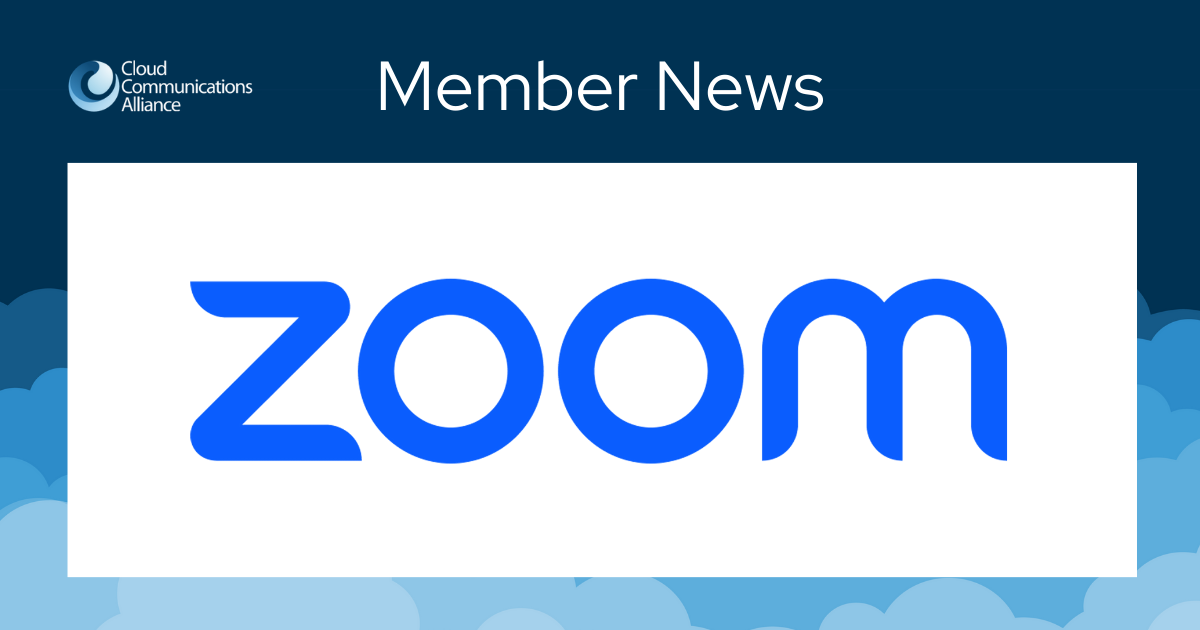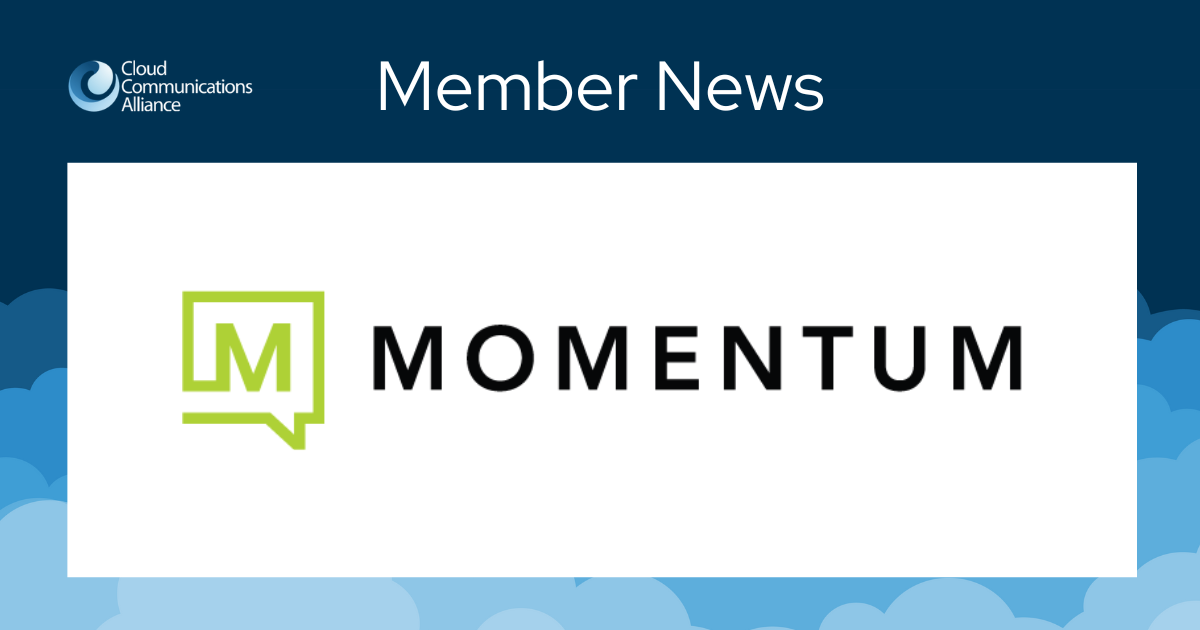Recent Class Action Lawsuit Highlights Need to Carefully Structure and Disclose Discretionary Pass-Through Surcharges

A proposed federal class action filed November 3 against Verizon alleges the company ran a “bait-and-switch scheme” to sell consumers post-paid wireless plans then add on unexpected fees to bills, presenting a concern for any service provider that imposes a Cost Recovery Fee (CRF) or similar discretionary pass-through surcharge (designed to recoup otherwise non-recoverable regulatory costs and fees). If successful, the suit could be a blueprint for consumers and other plaintiffs’ attorneys to pursue lawsuits seeking damages from telecom & VoIP service providers that use a discretionary pass-through surcharge (such as a CRF) to recoup certain costs of doing business, but whose accounting, billing, disclosures and other policies may fail to adequately support their surcharge(s).
Rather than wait for potential litigation, service providers would be well-served to conduct a due diligence review of their CRF and other discretionary pass-through surcharges; a modest investment and implementation of “best practices” may forestall a potential future headache and, at a minimum, enhance your company’s ability to defend itself.
FCC-Permitted Cost Recovery Fees
The Federal Communications Commission’s (FCC) current rules and policies allow service providers to charge “discretionary” surcharges, which may be used to recover certain compliance costs associated with federal (or even state and local) rules and regulations or even costs, beyond those related to compliance with the Universal Service Fund (USF) program. While the FCC does not categorically prohibit service providers from recouping such compliance costs, service providers must follow specified guidelines. For example, service providers:
- Cannot “mark up” or otherwise overstate regulatory fees;
- Cannot, suggest the discretionary surcharge is federally mandated (to avoid passing off a “voluntary pass-through charge” as a type of government-mandated or FCC-imposed “tax”);
- Cannot bundle discretionary surcharges with a government-mandated charge (such as a USF surcharge); and
- Must ensure the CRF is sufficiently disclosed, accurately presented, and capable of being supported by reasonable data.
In addition to these general rules, a service provider must be able to demonstrate the amount charged (either on a fixed per-line charge or percentage of invoiced charges basis) is “just and reasonable.” In other words, cost recovery through a discretionary surcharge should be: (A) associated with actual and demonstrable costs of compliance and (B) the disclosures to consumers regarding the nature and constitution of such surcharges should be clear and discernable.
Class Action Against Verizon
The class action alleges Verizon “prominently advertises” flat monthly charges then pads customer bills with previously undisclosed “so-called Administrative Charge [that] is simply a means for Verizon to charge more per month for the service itself without having to advertise the higher prices.” Id. Further, the suit claims that, by telling customers the Administrative Charge is outside Verizon’s control and Verizon’s “affirmative misrepresentations on its bills that the administrative charge is to recover the costs billed to Verizon by the government” not only does not clearly and accurately state the true cost of service, but discourages customers from questioning the Administrative Charge. Finally, plaintiffs allege Verizon “disguises the Administrative Charge by putting it in the ‘Surcharges’ section where it is lumped together with true government costs billed to Verizon” and that “labeling and description of the Administrative Charge as a ‘Surcharge’ imposed on subscribers to ‘cover the costs that are billed to us by federal, state or local governments’ is a false statement of material fact intended to fool its subscribers.”
Notably, the suit does not reference the FCC, likely in an attempt to force Verizon to defend its practices. However, the suit does allege that at least some of the general rules related to discretionary surcharges were not followed and that Verizon’s Administrative Charge was not a just and reasonable CRF.
Impact of the Verizon Class Action on CRF
While still in the earliest stage of litigation, the proposed class action against Verizon is a timely reminder for all service providers to take a hard look at their CRF charges and ensure they take action to enhance defensibility of their practices. In particular, providers should ensure they are following the spirit of the FCC’s rules, regulations, and policies while implementing industry “best practices” to enhance defensibility of their surcharge(s). In particular, service providers should ensure their surcharge(s) are just and reasonable, unbundled, tied to actual compliance costs, adequately reflected in the company’s books and records, and do not imply they are mandated by the government in any form or fashion.
Take action today to conduct a due diligence review of your company’s CRF or other discretionary pass-through surcharges to reduce risks!
Thank you for this information from the Comm Law Group, who can assist you with a review of your CRF For more information please contact Jonathan Marashlian jsm@commlawgroup.com


